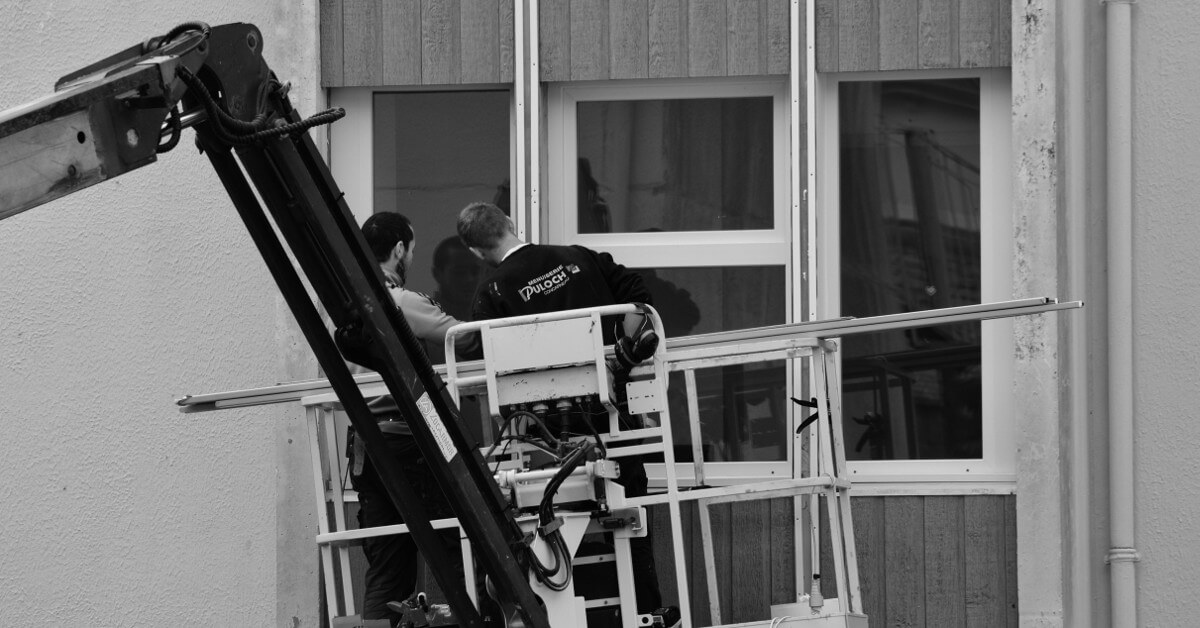The Bible is quite clear in its expectation that being a Christian is a community experience. From the Lord’s Prayer’s appeal to “Our Father who is in heaven,” to Paul’s frequent references to the church as a single body with Christ as the head, to the institution of the Lord’s Supper as a shared, communal sacrament, the Scriptures take it for granted that our faith entails horizontal relationships as well as vertical. And not just any sort of relationships, but relationships within an organized local church. So Paul considered it a matter of utmost important to appoint elders over local congregations (cf Acts 14:23, I Tim 3, Titus 1); the same local congregations to which he collectively addressed his epistles. The author of Hebrews made it even more explicit, warning his readers against “forsaking our own assembling together, as is the habit of some” (Heb 10:25).
The Bible expects—or rather, directs—that the normal Christian life is a life embedded within a local church body. That is particularly important for us to remember in our individualistic American context, with an internet full of rich, compelling, biblical preaching available for streaming to our heart’s content. When I can listen to Tim Keller or Sinclair Ferguson with the click of a button, why bother with a local church where the preaching is (let’s face it) probably not as good?










